Traveling can feel overwhelming when costs add up and small inconveniences pile on. From booking flights to packing efficiently, small choices often make the biggest difference in how smooth your trip feels. The right travel hacks help you cut unnecessary expenses and reduce stress so you can focus on enjoying the journey.
You’ll discover simple strategies that make planning, packing, and moving through airports easier without requiring extra effort. These tips show you how to save money on flights, stretch your suitcase space, and avoid common travel frustrations that can slow you down.
1) Use Google Flights’ price tracking to catch flight deals early
You don’t need to refresh flight search sites every day to spot a good deal. With Google Flights, you can set up price tracking for specific routes and dates. Once you turn it on, you’ll get email alerts when fares change.
This tool helps you see if prices are trending up or down before you book. Instead of guessing, you can watch the data and decide when the timing feels right. That way, you avoid paying more than necessary.
You can also track multiple flights at once. If you’re flexible with dates or destinations, this gives you a clearer picture of which option is most affordable.
To start, search for your route in Google Flights and toggle the “Track prices” switch. Make sure you’re signed into your Google account so the alerts reach your inbox.
By setting this up early, you give yourself more time to catch a drop in fares. Even small savings can add up, especially if you’re buying multiple tickets.

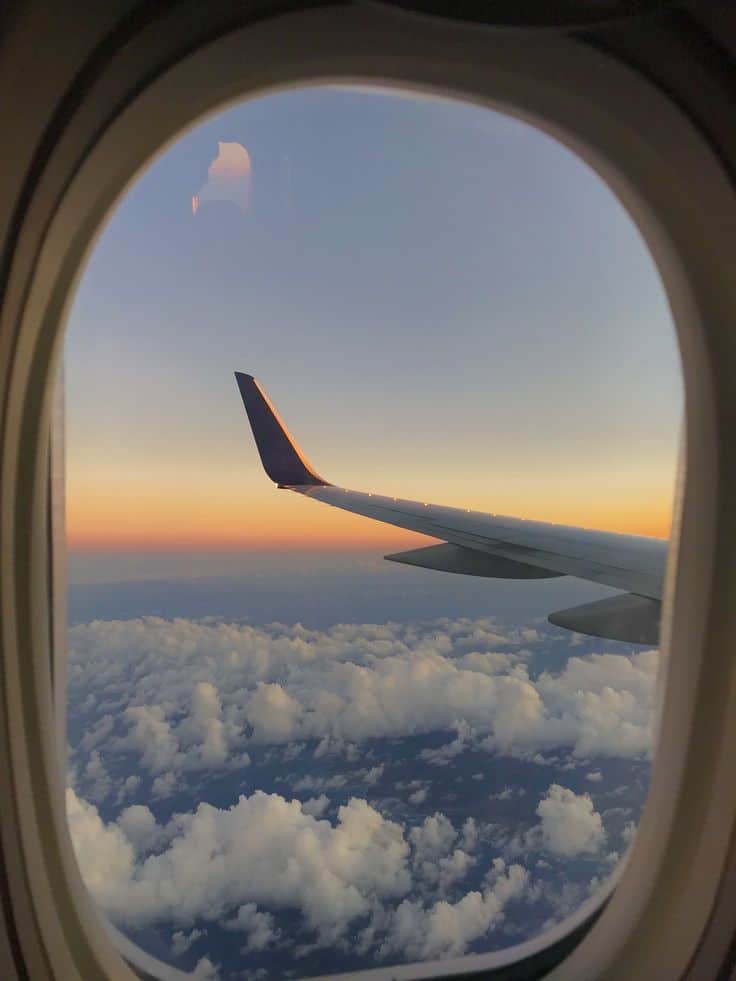
2) Pack with packing cubes to save space and stay organized
Packing cubes help you separate your clothes into neat sections, so you don’t have to dig through your entire bag to find one item. You can group shirts, pants, or undergarments together and know exactly where everything is.
You’ll also notice that cubes make your suitcase easier to close. By compressing your clothing, they create more room for extras like shoes or souvenirs. Some sets even include compression cubes that reduce bulk further.
Using cubes can also keep your clothes in better shape. Instead of arriving with wrinkled piles, your items stay folded and stacked. It saves time when unpacking too, since you can simply move the cubes into drawers.
If you travel with family, packing cubes make it simple to keep everyone’s belongings separate. You can assign each person a different color or size, which avoids mix-ups and keeps the trip more organized.


3) Roll clothes instead of folding to maximize suitcase room
When you roll your clothes, you make them more compact and easier to fit into tight spaces. This helps you take advantage of every corner of your suitcase without forcing items in.
Rolling also reduces the number of creases compared to traditional folding. You’ll often find that shirts, pants, and even dresses come out with fewer wrinkles, saving you time on ironing or steaming later.
You can roll almost any type of clothing, but it works especially well for softer fabrics like t-shirts, jeans, and workout gear. Bulkier items, such as sweaters, may still take up space but rolling keeps them more manageable.
Pairing rolled clothes with packing cubes can make your bag even more organized. You’ll be able to see what you packed at a glance and pull out just what you need without disrupting the rest.
This method also makes it easier to pack light. By fitting more into your carry-on, you reduce the chance of paying extra baggage fees and avoid the hassle of checking a larger suitcase.
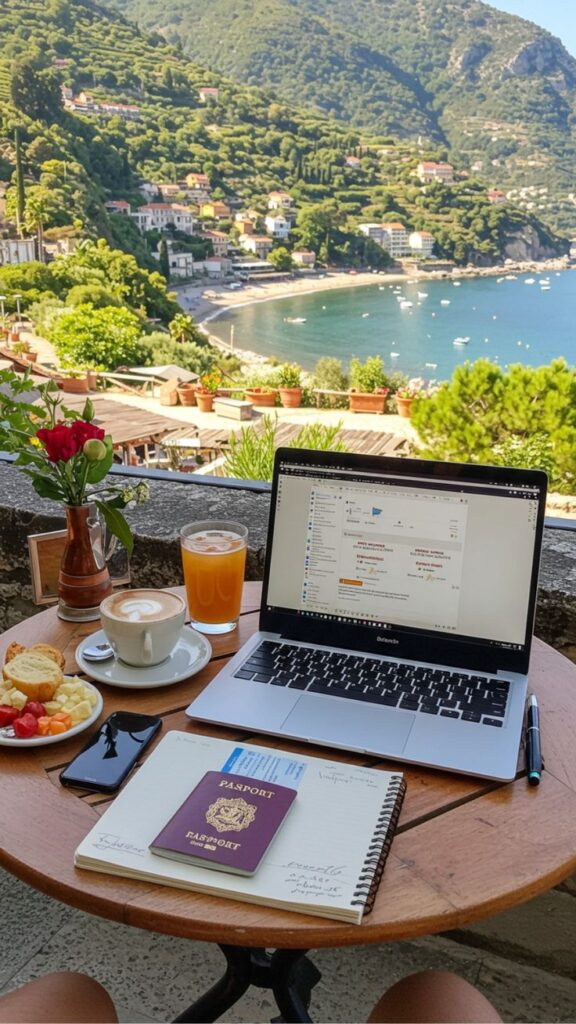
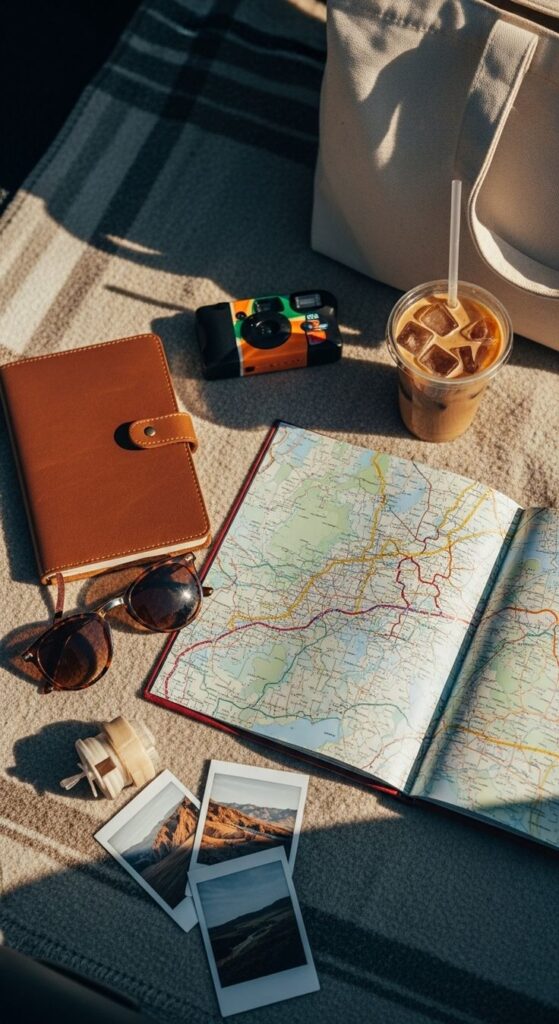
4) Book flights on Tuesdays or Wednesdays for cheaper rates
You can often find lower airfare if you book on a Tuesday or Wednesday. Airlines tend to release deals early in the week, which can make midweek shopping a smarter choice.
While the savings aren’t always huge, data shows prices can be slightly cheaper compared to weekends. Even a small discount adds up if you’re buying multiple tickets.
Flying midweek can also help you save. Tuesday and Wednesday departures usually cost less than flying on busy days like Sunday or Monday.
If your schedule is flexible, try adjusting your travel dates by a day or two. Shifting your flight to midweek could reduce your total cost without much effort.
It’s worth checking prices on different days before you book. A little flexibility can make your trip more affordable and less stressful.


5) Download cashback apps like Rakuten for travel purchases
You can stretch your travel budget by using cashback apps when booking flights, hotels, or rental cars. These apps return a small percentage of your spending, which adds up over time.
Rakuten is one of the most popular options, offering cashback at thousands of retailers and travel sites. You simply start your booking through the app or website, and the rewards are tracked automatically.
Many cashback apps also include coupons or special discounts. This means you can save upfront while still earning money back on the purchase.
If you travel often, linking your credit card or using browser extensions makes the process even easier. You won’t need to remember extra steps every time you book.
The money you earn usually comes as a direct deposit, PayPal transfer, or gift card. That gives you flexibility to use the savings however you want, including future trips.
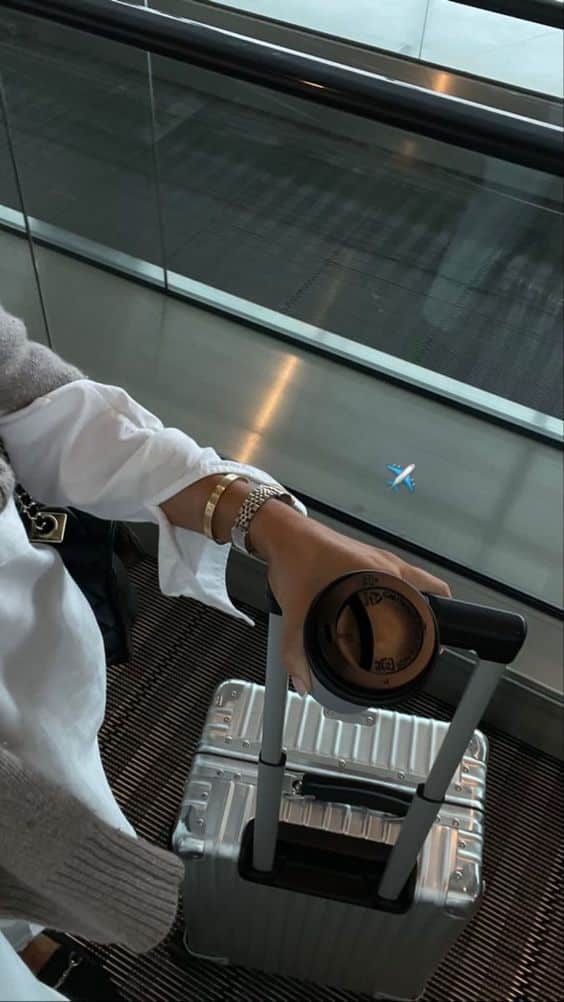

6) Bring a reusable water bottle to avoid buying drinks constantly
You can cut down on small but frequent expenses by carrying a reusable water bottle. Instead of paying for bottled drinks at airports, tourist sites, or convenience stores, you just refill your own bottle. Those savings add up quickly during a trip.
Most airports and many public places now have refill stations or fountains. If you bring your bottle through security empty, you can fill it once you’re past the checkpoint. This keeps you hydrated without spending extra.
A reusable bottle also helps you avoid single-use plastics. You reduce waste while keeping travel costs lower. If you want more flexibility, some bottles come with built-in filters, which can be useful in places where tap water quality varies.
It’s also practical for more than just water. Some bottles handle both hot and cold drinks, so you can skip disposable coffee cups too. By keeping one with you, you’ll always have a simple way to stay refreshed.
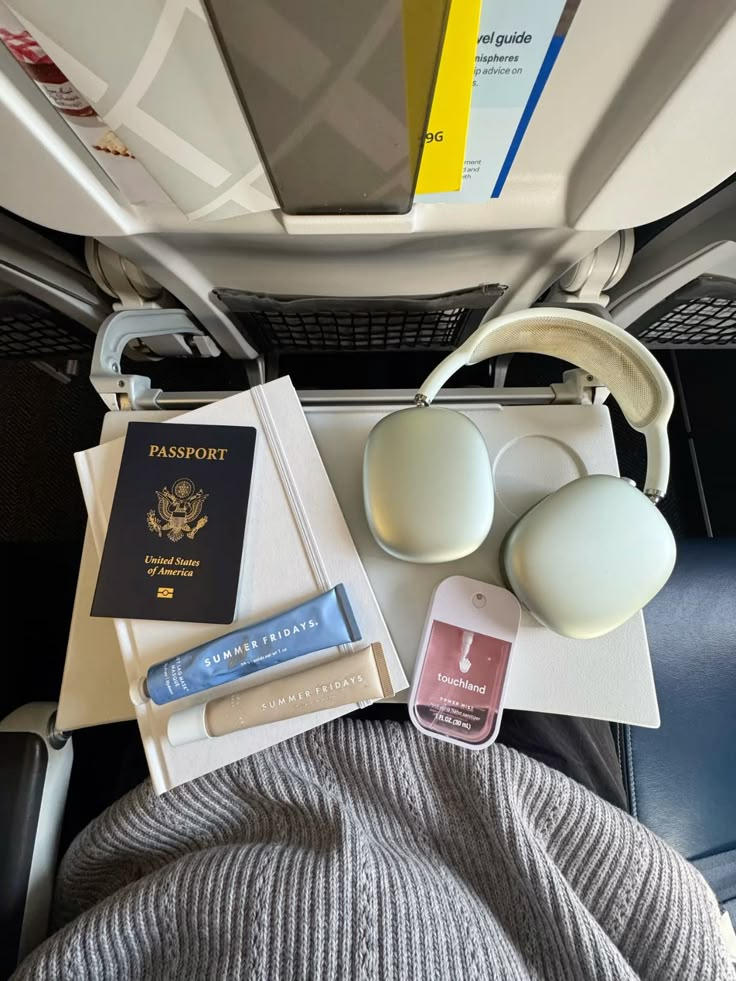

7) Use local grocery stores for snacks instead of eating out all the time
You can save a noticeable amount of money by picking up snacks and simple meals from local grocery stores instead of relying on restaurants. Even small purchases like bottled water, fruit, or sandwiches can cut daily costs.
Shopping this way also gives you more control over portion sizes and healthier options. You avoid the extra charges that come with eating out, like tips or service fees, while still keeping your energy up during travel.
Local stores often carry regional foods you might not find in restaurants. Trying these items can give you a taste of the culture without spending too much.
If you’re staying somewhere with a fridge or kitchenette, you can stock up on basics for breakfast or quick bites. This makes it easier to stretch your budget and avoid paying for every single meal outside.
Even if you still plan to enjoy a few restaurant meals, balancing them with grocery store finds helps you manage both money and time. It’s a simple habit that makes travel feel more relaxed and affordable.


8) Set fare alerts on Skyscanner for flexible travel dates
You can save money on flights by setting up fare alerts on Skyscanner. These alerts notify you when prices change, so you don’t have to keep checking manually. It’s a simple way to track deals without extra effort.
When you combine alerts with flexible travel dates, you give yourself more chances to catch lower fares. Even shifting your trip by a day or two can make a noticeable difference. Midweek flights often cost less than weekend departures.
Skyscanner makes it easy to set alerts for multiple routes and dates. You can save your preferred searches, and the app or website will keep you updated. This helps you compare options and decide the best time to book.
If your schedule allows, use the “whole month” or “cheapest month” search feature. This lets you see a calendar of prices and pair it with alerts for added savings. You’ll quickly spot patterns and choose the most affordable days to fly.
9) Carry a portable phone charger to avoid stress on the go
When you travel, your phone often becomes your map, camera, and ticket holder. Running out of battery in the middle of a trip can leave you without directions or a way to contact others. A portable charger helps you avoid that stressful situation.
You don’t need the biggest model, but choosing one with at least 10,000 mAh usually gives you one or two full charges. That’s enough to keep your phone alive through a busy day of sightseeing, flights, or long train rides.
Portable chargers are small enough to fit in your bag or pocket. Having one means you don’t need to search for outlets in airports, cafés, or stations when you’d rather be relaxing or exploring.
If you travel often, consider a charger with multiple ports or fast-charging support. This way, you can quickly top up your phone, tablet, or headphones without waiting around.
Some airlines require you to keep power banks in your carry-on bag, so pack it where you can reach it. That way, you’ll always have backup power ready when you need it most.
10) Check hotel booking sites for last-minute upgrade offers
When you book a hotel, it pays to check back closer to your stay. Hotels often release unsold premium rooms at discounted rates to fill them quickly. You can sometimes upgrade for less than the original price difference.
Many booking sites highlight these last-minute offers directly in your reservation dashboard. Instead of calling the front desk, you can confirm an upgrade with just a few clicks. This saves you time and avoids awkward negotiations.
If you use multiple booking apps, compare them before deciding. Some platforms negotiate special deals that don’t appear on the hotel’s main site. Checking more than one option increases your chance of finding a lower upgrade price.
You should also keep an eye on your email after booking. Hotels and travel apps often send targeted upgrade offers in the days leading up to your stay. These promotions can include larger rooms, better views, or access to extra amenities.
By staying flexible and checking for these opportunities, you give yourself the chance to enjoy a nicer room without overspending. It’s a simple habit that can make your trip more comfortable while keeping costs in check.
How Travel Hacks Can Transform Your Next Trip
Smart travel habits help you keep more money in your pocket and reduce the stress that often comes with being on the move. By planning ahead and using simple strategies, you can avoid common frustrations while making your trip smoother and more affordable.
Reducing Unexpected Expenses
Small costs add up quickly when you travel. Baggage fees, overpriced airport meals, and last-minute transportation charges can easily push your budget higher than expected. Using travel hacks helps you cut those extra expenses before they happen.
For example, packing light with a carry-on avoids checked bag fees. Bringing an empty reusable water bottle saves you from buying overpriced drinks at the airport. Using price alerts and booking tools helps you secure cheaper flights instead of paying full fare.
You can also save on accommodations by comparing prices across multiple platforms or using loyalty points. Some travelers even check for free stopovers offered by certain airlines, which can turn a layover into a bonus destination without added cost.
Quick cost-saving hacks:
- Pack snacks to skip expensive airport food
- Use public transportation passes instead of taxis
- Book flights on flexible dates to find lower fares
Minimizing Travel-Related Stress
Stress often comes from delays, long lines, or disorganized packing. Simple adjustments can make these situations easier to handle. Keeping digital copies of your documents, such as passports and boarding passes, ensures you’re prepared if something gets misplaced.
Packing cubes or a simple checklist keep your luggage organized so you don’t waste time digging for essentials. Arriving early at the airport gives you extra time to handle unexpected delays calmly.
Technology also helps reduce stress. Mobile apps can track flights, provide real-time gate updates, and even suggest the fastest route through airport security. Staying informed lets you adjust quickly when plans change.
Stress-reducing tips:
- Keep essentials like chargers and medicine in your carry-on
- Use noise-canceling headphones to stay comfortable on flights
- Download offline maps to navigate without relying on Wi-Fi
Mistakes to Avoid When Using Travel Hacks
Travel hacks can help you cut costs and reduce stress, but they can also backfire if you use them the wrong way. Small errors like adding too many steps to your plan or overlooking local rules can quickly turn savings into unnecessary headaches.
Overcomplicating Your Plans
It’s tempting to stack multiple hacks together—like booking a hidden-city ticket, combining points from different programs, and scheduling long layovers to save on hotels. While each idea can work, too many moving parts can create problems.
For example, hidden-city ticketing may save money, but skipping a flight segment can cancel the rest of your trip. Similarly, juggling multiple loyalty programs might spread your rewards too thin, leaving you with points you can’t actually use.
A simpler approach often works better. Focus on one or two hacks that give you the most value, such as booking mid-week flights or using a single travel rewards card. This keeps your plan manageable and reduces the risk of mistakes.
Quick tip: Write down your itinerary and note which parts rely on specific hacks. This helps you spot weak points before you travel.
Ignoring Local Customs and Regulations
Some hacks that save money in one country may cause problems in another. For instance, using ride-sharing apps might be cheaper than taxis, but in certain cities these services are restricted or even banned. Ignoring this could lead to fines or wasted time.
Cultural habits also matter. Packing food for flights may save you money, but some countries have strict rules on bringing in produce, meat, or dairy. Failing to declare these items can result in penalties at customs.
You’ll save yourself stress by double-checking local rules before you go. A quick search on government websites or travel forums can clarify what’s allowed.
Examples of things to check before traveling:
- Transport rules (ride-sharing, scooters, buses)
- Food import restrictions
- Currency exchange limits
- Local etiquette on tipping or bargaining





